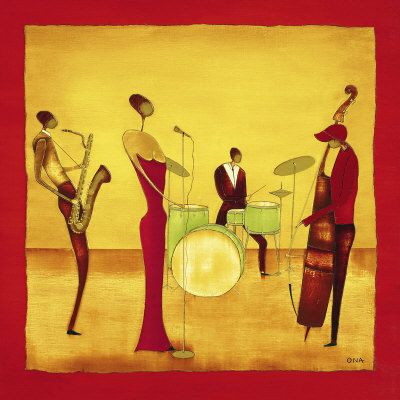In Christopher Hitchens’ caustic 2010 essay “Tumortown“”about his battle with esophageal cancer the celebrated journalist singles out for scorn those who offered unsolicited advice on miracle cures, soothing tonics and nourishing diets.The one piece of advice Hitchens’ heeds comes from a Cheyenne-Arapaho friend, who notes that all of her friends who turned to tribal medicine died almost immediately and if anyone offers him the same, he should “move as fast as possible in the opposite direction.”Hitchens’ essay encapsulates the disdain that many feel for alternative and complementary cancer therapies ““ which is to say, anything outside of clinical medicine approved by the U.S. Food and Drug Administration or experimental medical treatments. These therapies are, skeptics believe, quackery that will, at best, do nothing and, at worst, hasten your demise.It may surprise these skeptics, then, that a scientific review publid in The Cochrane Reviews in August showed that cancer patients who participated in some form of music therapy reported reduced anxiety and pain.Joke Bradt, an associate professor at Drexel University in Philadelphia, said was motivated to do the review to justify the value of music therapies.”In order for the conventions to appear legitimate, they need to show evidence,””Bradt said.The evidence (pdf) from 30 studies involving 1,891 participants showed music interventions, in the careful language of such research, may improve patients’ anxiety, pain mood, quality of life and vital signs. The studies evaluated music interventions as a complementary therapy used in conjunction with clinical treatments such as chemotherapy, surgery and radiation therapy.They looked at music medicine, where recorded music is played for patients, and music therapy, which involves a therapist who engages the patient or plays an instrument in the room. Both showed positive results. Bradt said it was hard to evaluate whether one was better because there weren’t enough studies though believes that music therapy, which can also engage family members, is clearly better.It was clear, however, that a patient’s music preference was important to the outcome. Soothing waterfalls sounds or cloying strings wouldn’t help if what the patient really wanted was, say, Kanye West.”I use music that you like,””said Bradt, who is a music therapist herself. “If it’s heavy metal it’s heavy metal, if it’s hip hop music, we play hip hop music.”That’s because the point of music therapy isn’t always to soothe, Bradt said. Sometimes it’s a way of coping with worry about the next treatment or hospital visit.In her own experience as a therapist, Bradt said would tell children, “I will not let the doctor or nurse touch you until they sing a song with us.”Bradt said the findings were consistent with four other reviews had done of music’s benefit for ventilator patients, those with brain injuries.”We do note from brain studies that music activates the same pleasure centers in the brain as food does as sex does,””Bradt said. “People just feel better when they listen to music.”

